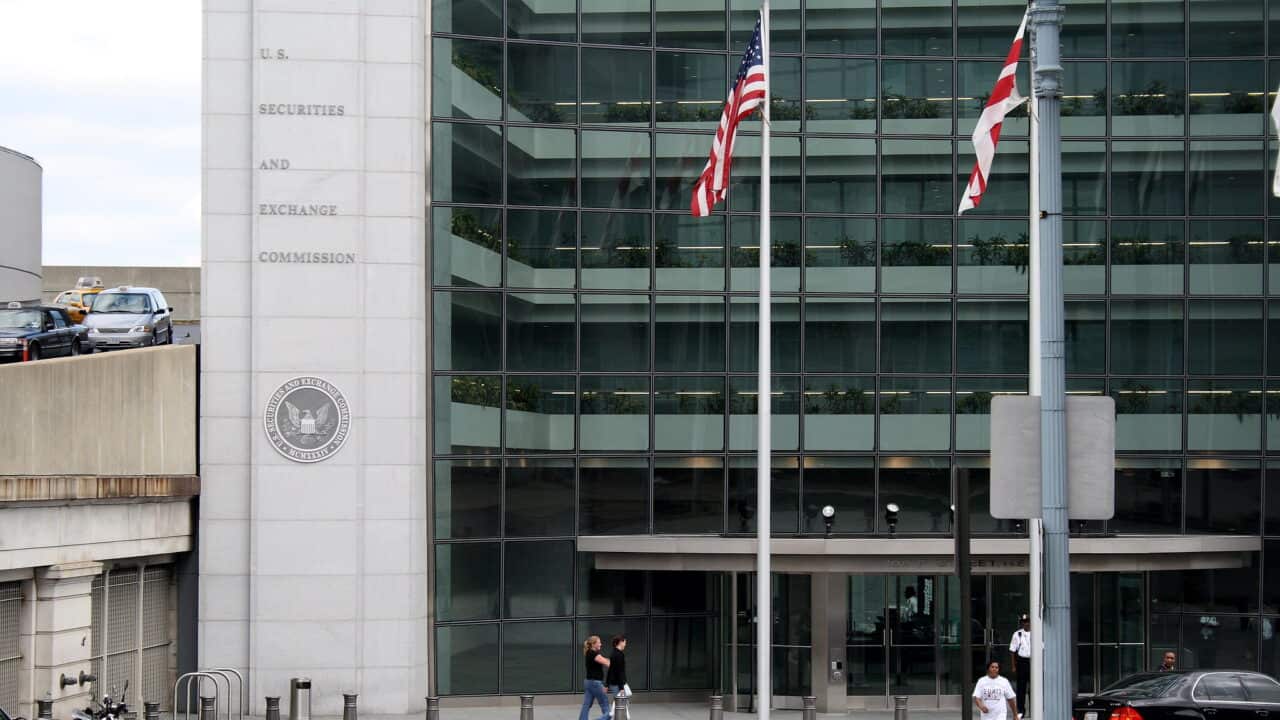 "U.S. Securities and Exchange Commission" by arsheffield is licensed under CC BY-NC 2.0
"U.S. Securities and Exchange Commission" by arsheffield is licensed under CC BY-NC 2.0
House Republicans have filed ten amendments to the House Committee on Rules that aim to prevent the executive branch from issuing regulations without express authorization from Congress. Since the Supreme Court ruled on West Virginia v. EPA, the Securities and Exchange Commission’s justification for the climate disclosure rule has been significantly weakened.
The SEC’s climate disclosure rule is unauthorized by Congress, plans to impose billions of dollars of compliance costs on public companies, and force small private businesses to bear the burden of greenhouse gas disclosures along the supply chain.
The clear economic and political significance of the SEC’s climate disclosure rule places it squarely under the scrutinization of the major questions doctrine. Congress has not enacted legislation to direct the SEC to pursue rules to mandate climate-related risk disclosures and disclosure of direct and indirect emissions of greenhouse gases. Failure to identify Congressional authorization in light of the recent Supreme Court ruling bolsters a plaintiff’s case in a future lawsuit against implementation and enforcement of the rulemaking.
If the SEC is unwilling to voluntarily withdraw its unlawful rule, House Republicans should be supported in their efforts to attach a litany of amendments to the appropriations package to ensure that taxpayer dollars are not wasted on future litigation and implementation of rules that will assuredly increase compliance, energy, and supply chain costs across the private sector.
Readers should take note and support the inclusion of these amendments to the Rules Committee Print 117-55 as they are considered during a meeting of the House Committee on Rules next week:
1. Amendment #9—Rep. Patrick McHenry (R-N.C.): Prohibits the SEC from using the funds appropriated to finalize rulemakings unless each rule offers a comment period of at least 60 days. This ensures that stakeholders have a chance to submit cogent responses to complex and controversial rules.
2. Amendment #14—Rep. Doug LaMalfa (R-Calif.): Prohibits the SEC from using taxpayer dollars to finalize any regulations that mandate the disclosure of climate-related risks and greenhouse gas emissions.
3. Amendment #17—Rep. Ralph Norman (R-S.C.): Prohibits the Treasury Department and the Financial Stability Oversight Council from using taxpayer dollars to assess climate-related risks to financial stability.
4. Amendment #18—Rep. John Rose (R-Tenn.): Prohibits the SEC from using taxpayer dollars to finalize the climate disclosure rule if it would require agriculture producers to disclose greenhouse gas emissions information. The rule currently requires this because of the mandated disclosure of “material” Scope 3 emissions.
5. Amendment #19—Reps. Norman, Ted Budd (R-N.C.), and Chip Roy (R-Texas): Prohibits the SEC from using taxpayer dollars to create or enforce climate-related policies. This is to ensure that Congress drafts public policy–not government agencies.
6. Amendment #21—Rep. Norman: Prohibits the SEC from using taxpayer dollars to conduct a report on climate-related risks to the municipal market.
7. Amendment #32—Rep. Warren Davidson (R-Ohio): Prohibits the SEC from using taxpayer dollars to mandate disclosure of environmental, social, and governance information. Ensures only material information will be disclosed.
8. Amendment #33—Rep. Davidson: Prohibits taxpayer dollars from being spent on climate disclosure rules under Regulation S-K and Regulation S-X.
9. Amendment #38—Rep. Bryan Steil (R-Wis.): Prohibits the SEC from finalizing provisions of the climate disclosure rule that are not “material” information that an investor should see.
10. Amendment #66—Rep. Bill Huizenga (R-Mich.): Prohibits the SEC from using taxpayer dollars to implement and enforce the climate disclosure rule until it submits a report to Congress on the increased costs associated with enforcing the rule.
ATR supports adoption of these amendments.
If the amendments are adopted, it will secure their inclusion in the base text of the bill for further consideration by the full House of Representatives. It will be important to preserve these provisions in the Senate version of the appropriations bill and any subsequent conference committee legislation that will ultimately be reconciled by members of both the House and the Senate.

